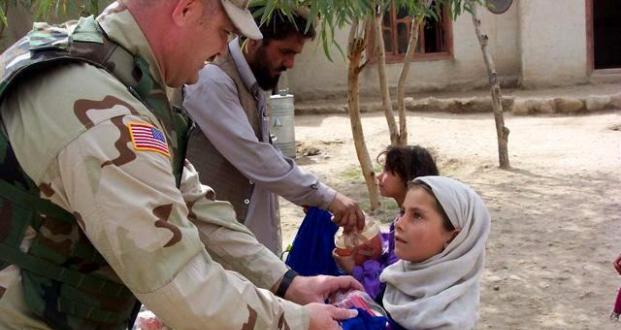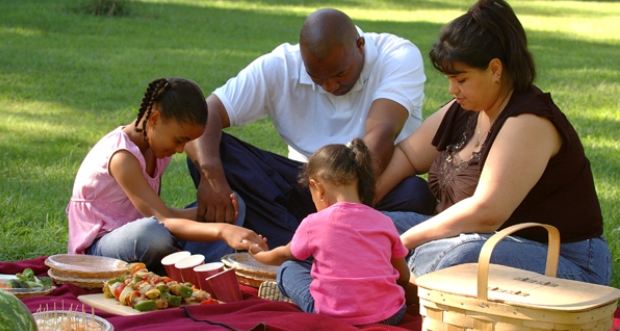A Challenge To Love With All That We Are

(By Fr. Dexter Brereton)
Jesus’ answer to the question posed to him by the scribe regarding the “first of all the commandments” combines two OT quotations Dt 6: 4-5 and Lev 19: 18. His response underlines both his orthodoxy as a Jewish teacher and his fondness for going to the root of things. It is an answer that calls for consistency between one’s outer actions and one’s inner dispositions. With regard to the first commandment Jesus says: “This is the first: Listen Israel, the Lord our God is the one Lord and you must love the Lord your God with all your heart, with all your soul, with all your mind and with all your strength. The second is this: ‘You must love your neighbor as yourself…’” The four nouns “heart,” “soul,” “mind,” and “strength,” do not refer to various parts of the human person but together are really a way of saying that one should love God with the WHOLE of oneself, with all our available resources. Again, what the commandment calls for is not loving God with great intensity but loving God in every single aspect of our lives: in church, at the gym, as we drive to work, in our businesses, as we deal with our family, our friends, fellow parishioners, colleagues at the office or our employees.
This call to love God in every aspect of our lives is mirrored in a call to love people, ALL people, in a manner that is CORRECT, PRINCIPLED and CONSISTENT. The sad truth however is that many Catholic people may be quite pious in church but very coarse and unjust in their daily business life or in the manner that they treat their spouses or the other members of their family.
Then there is the matter of “loving one’s neighbor as oneself.” For myself, I find this commandment most challenging with people that I find difficult to love, with those I am not attracted to, with those persons that I find “unlikable.” This injunction however, while it does not force me to “like” these persons, insists that I treat them in a manner consistent with love – but even here I need to be careful. The person whom I love is a ‘second self’. If I give gifts to people I simply despise, then my gift is tainted. Many people, in like manner may give charity to the poor simply as a way of getting rid of them.
To love one’s neighbor as oneself, means allowing the love we express to affect us on a personal level, to change how we see other people, to change how we see the world. Some go out of their way to “serve” groups they consider in need of help, while at the same time maintaining an attitude of superiority over them. An aboriginal Australian once said to a missionary: ‘If you have come to help me, you are wasting your time. But if you have come because your liberation is bound up with mine, then let us work together.’ For Catholics especially, giving charity provides us with a moment of “encounter”, in our gift-giving we find a “brother” or a “sister”, it is never simply about filling empty bellies. In loving my neighbor as I love myself, I discover someone who is very much like myself.






